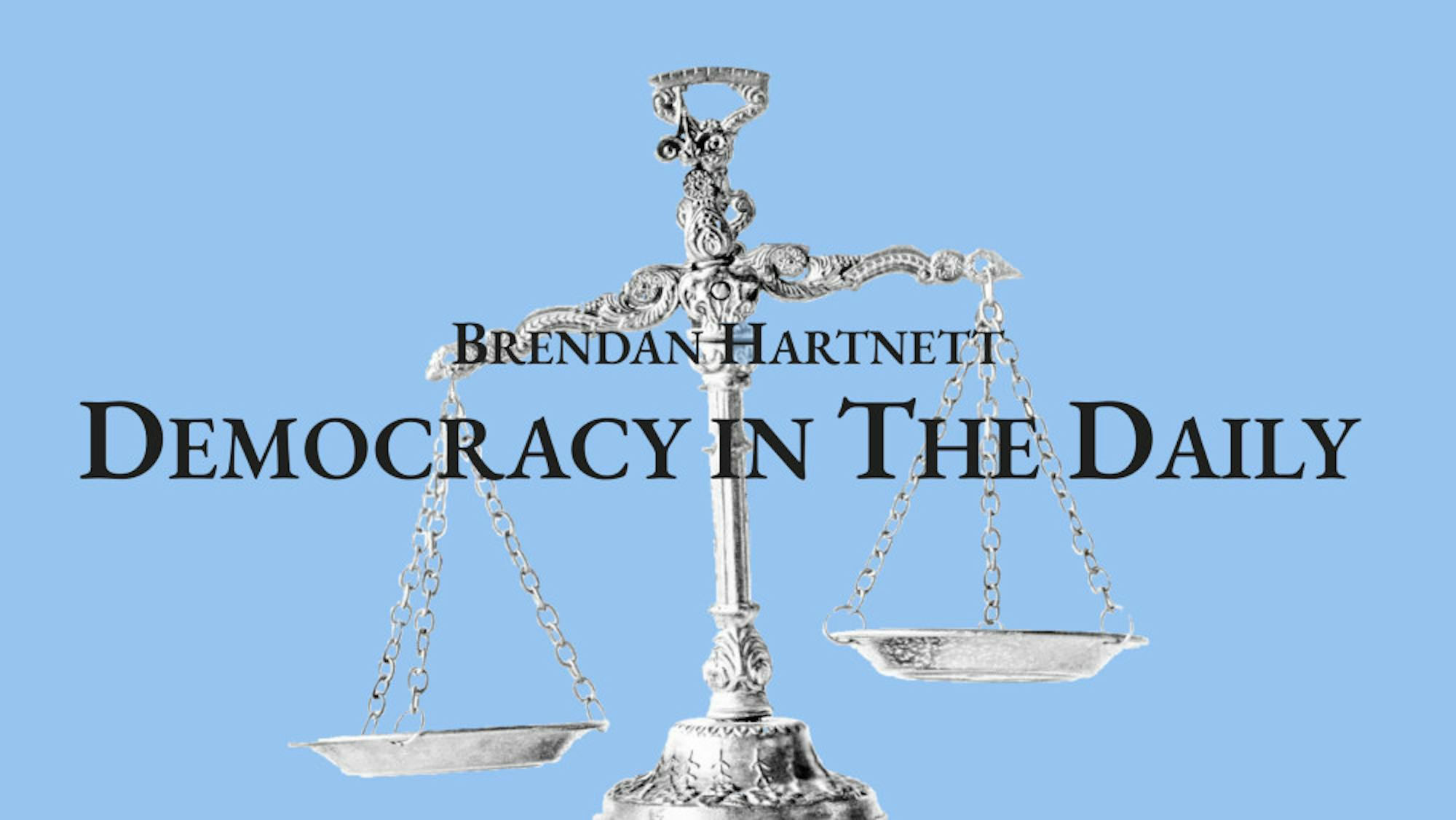It’s been a busy few weeks for Moscow. President Joe Biden has formallyaccused Russia’s foreign intelligence service of being behind theSolarWinds hack, and has accused its government ofinterfering in the U.S. election andtargeting journalists and dissenting parties, such as Alexei Navalny.
Russia’s behavior is nothing new. For the pasttwo decades, Putin has worked to consolidate power bycrushing the opposition. Currently, Russian opposition leader Navalny’s health is deteriorating in prison and his doctorstated that he “could die at any moment.” Through state-sponsored terror, Putin and his allies have attacked dissidents and worked to silence a free press.
In 2006, journalistAnna Politkovskaya wasshot in the elevator of her apartment building after reporting on human rights abuses in Chechnya and publishing a book criticizing Putin's illiberal leadership. When Alexander Litvinenko, whotermed Putin’s Russia a “mafia state,” investigated Politkovskaya’s assassination, he waspoisoned in London. These events lead scholars toconclude that, despite a change in Russia’s economic organization, politics in Russia is virtually no different than it was under totalitarianism.
Is Russia’s foreign policy, thus, the same as it was during the Cold War? Russia has famously intervened in other countries to its own benefit. In September 1999, a series ofapartment bombings swept Russia, which manybelieve were carried out by allies of Putin allies. Putin, who was the prime minister at the time, accused Chechnyans of the bombings and intensified Russia’s efforts in the region. His approval rating increased overtwo-fold, and he rode this popularity towin the presidential election in March 2000.
Asself-labeled humanitarian intervention on behalf of Russian separatists, Putin has invaded bothGeorgia andUkraine,targeting civilians in Georgia andannexing Crimea from Ukraine. Both military interventions were, in part, driven by increasedcooperation between the two states and NATO, threatening Russia.
Putin attempted to intervene inFrench andU.S. elections and, likely, the Brexitreferendum, in the past decade. He has even allegedly led misinformation campaigns to halt areferendum that would change the name of the Republic of Macedonia to the Republic of North Macedonia in an effort to strike division with the EU and NATO. All of these events highlight one thing: Russia is afraid of a unified West.
Aspromised, Biden isrejoining forces with Europe to curb Russian obstruction. A week ago, the U.S.expelled 10 Russian diplomats and imposed sanctions on an array of people and corporations with ties to the Kremlin. The Czech Republic has followed in the U.S.'s footsteps,expelling 18 Russian diplomats, and the government seeks two Russian men connected to a 2014warehouse explosion in the eastern Czech Republic.
Russia responded tit-for-tat, expellingAmerican and, later,Czech diplomats from Moscow. So, is this the West’s new style of diplomacy for handling the illiberal aggressor? That’s unclear. All we know is Russia needs the West far more than the West needs Russia, and thus a unified West placing Russia in a financial chokehold may prove effective at immobilizing Russia, halting its intervention in democracies worldwide.






